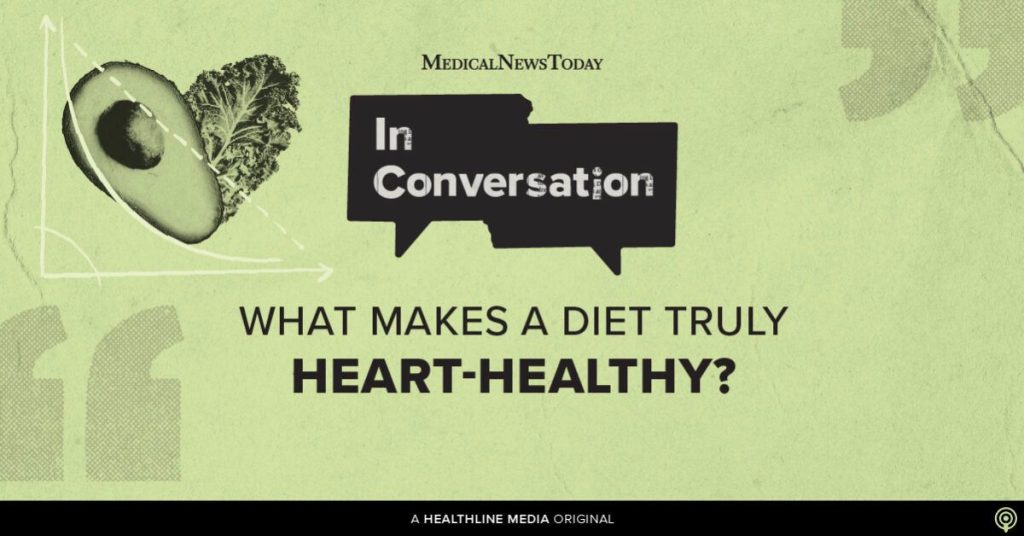Two recent nutrition studies have highlighted the significant impact of dietary choices on heart health. One study, published in The American Journal of Clinical Nutrition, found that plant-based meat substitutes did not offer significant benefits to heart health compared to actual animal meat. The second study, presented at the American College of Cardiology’s Annual Scientific Session, revealed that adults with cardiovascular disease consumed more than double the recommended amount of sodium per day, putting their heart health at risk.
So, why are certain foods, including plant-based options, so harmful to heart health? How does salt impact the cardiovascular system, and what makes a diet truly heart-healthy? To address these questions, the In Conversation podcast invited special guest Prof. Oyinlola Oyebode, a professor of public health at Queen Mary, University of London. Oyebode, who specializes in behavioral risk factors for noncommunicable diseases, particularly diet-related issues, discussed the core ingredients of a heart-healthy diet and shared tips for making healthier dietary choices to reduce the risk of cardiovascular disease.
The first study, conducted by researchers from the Singapore Institute of Food and Biotechnology Innovation, and the Agency for Science, Technology and Research, focused on 89 adults at risk for type 2 diabetes. The study found that plant-based meat substitutes did not provide significant benefits for heart health compared to animal meat, challenging the notion that plant-based options are always healthier. The second study, led by experts from Piedmont Athens Regional Hospital in Athens, GA, analyzed data from 3,170 participants with cardiovascular disease and found that many consumed excessive amounts of sodium, posing a risk to their heart health.
To help listeners understand the impact of dietary choices on heart health, Prof. Oyinlola Oyebode discussed the role of salt in the cardiovascular system and shared insights on what makes a diet truly heart-healthy. Oyebode emphasized the importance of reducing sodium intake and incorporating more whole, plant-based foods into one’s diet to lower the risk of cardiovascular disease. By making informed food choices and adopting healthier eating habits, individuals can protect their heart health and overall well-being.
The podcast episode delved into the key components of a heart-healthy diet and provided practical tips for listeners to improve their dietary habits. Prof. Oyinlola Oyebode’s expertise in public health and noncommunicable disease prevention added valuable insights to the discussion, highlighting the significance of diet in reducing the risk of heart disease. By addressing the impact of salt and unhealthy food choices on cardiovascular health, the episode aimed to educate and empower individuals to make informed decisions about their dietary habits for a healthier heart and body.
Overall, the podcast episode shed light on the importance of dietary choices in maintaining heart health and preventing cardiovascular disease. By emphasizing the need for a balanced, heart-healthy diet that includes whole, plant-based foods and limits sodium intake, listeners gained valuable insights into making healthier food choices to support their heart health. Prof. Oyinlola Oyebode’s expertise in public health and diet-related risk factors added depth to the discussion, offering practical tips and advice for individuals looking to improve their heart health through their dietary choices.


